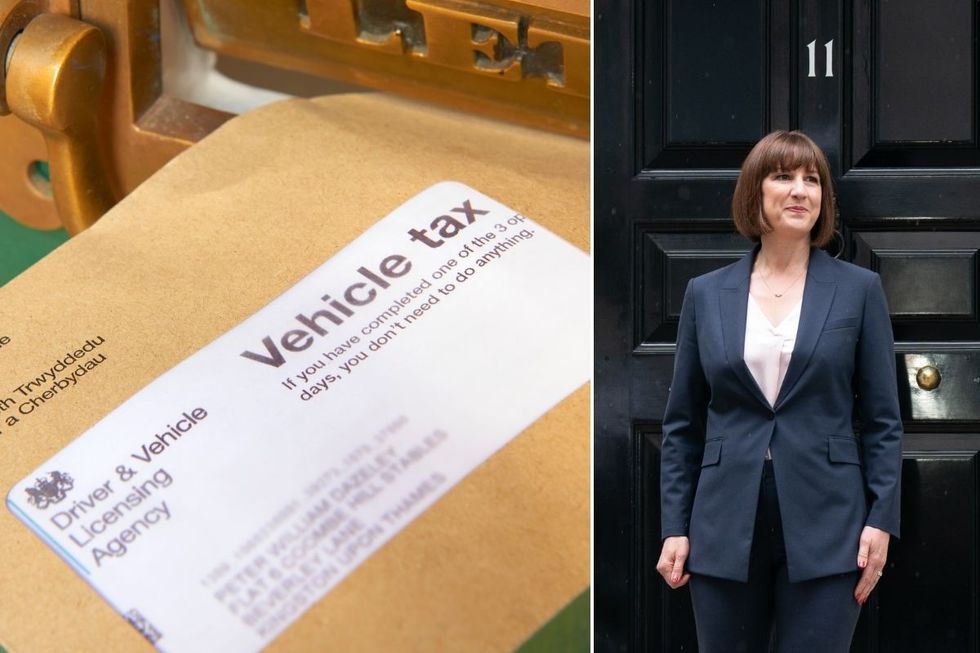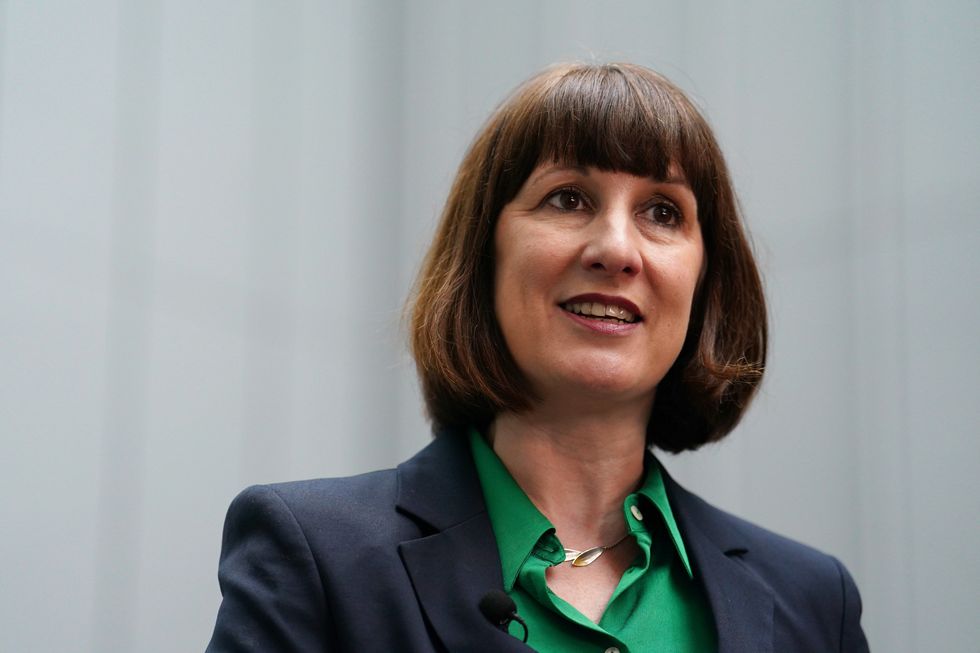WATCH: Rachel Reeves Halloween Budget: The NIGHTMARE tax rises and benefit cuts
GB NEWS
'By design, our proposed system works to maintain motoring-tax revenue in real terms despite increasing electrification'
Don't Miss
Most Read
Trending on GB News
The Tony Blair Institute for Global Change has called on the Government to introduce new rules that could see motorists pay every time they drive.
In a new pre-Budget report, the think tank has suggested that the system of motoring taxation could be modernised with road pricing, arguing that a simple form could be suitable.
It states that instead of raising fuel duty in the spring, the Government could charge all cars and vans 1p per mile, and 2.5p to 4p per mile for heavy goods vehicles.
According to the new report, the Chancellor would raise the same revenue as the planned fuel duty hike and the average motorist would "be no worse off".
Do you have a story you'd like to share? Get in touch by emailingmotoring@gbnews.uk

A leading thinktank has called on the Government to introduce pay-per-mile car tax changes next week
GETTY/PAThe report states that it would be a "crucial first step" to helping motorists move towards electric vehicles and kickstart the net zero era.
As more electric vehicles join the road, the UK Government is expected to lose around one per cent of GDP in fuel duty revenue as receipts from petrol and diesel sales drop.
The Institute highlight how without a change in taxation, motorists will be incentivised to drive more often, which could result in the cost of congestion more than doubling by 2050.
The report continues: "Under our proposals, the Government would hold fuel duty at its current level and instead add a rising pay-per-mile charge on almost all road users – both electric and conventionally powered vehicles.
"By design, our proposed system works to maintain motoring-tax revenue in real terms despite increasing electrification.
"Compared to plans inherited from the previous government, our reforms would raise almost £3billion of extra revenue per year by the end of this parliament and almost £10billion per year by the end of the next."
It also recommends implementing a flat per-mile charge in the first instance, which could be verified and paid during mileage checks when drivers take their vehicles for their MOTs.
This could allow for the system to be easily understood by all motorists, as well as being easy and quick to implement across the UK.
Changes could then be made to these proposals to account for the plummeting value of receipts from petrol and diesel sales, as well as the uptake of new electric vehicles.
The report also suggested the use of telematics, like black boxes, to lower the per-mile cost during off-peak driving times.
Pay-per-mile car tax changes have been backed by experts over the years. Some have called for special allowances to be made for certain people based on their use of the roads.
Some have stated that people living in rural areas should be able to have additional "free miles" since they have to travel further to access amenities, while professional drivers could be given similar allowances.
LATEST DEVELOPMENTS:

Rachel Reeves will deliver the Budget on October 30
PADespite the proposals set out by the Tony Blair Institute, an HM Treasury spokesperson said: "We have no plans to introduce road pricing.
"We are committed to supporting our automotive sector as we transition to electric vehicles in order to meet our legally binding climate targets."








